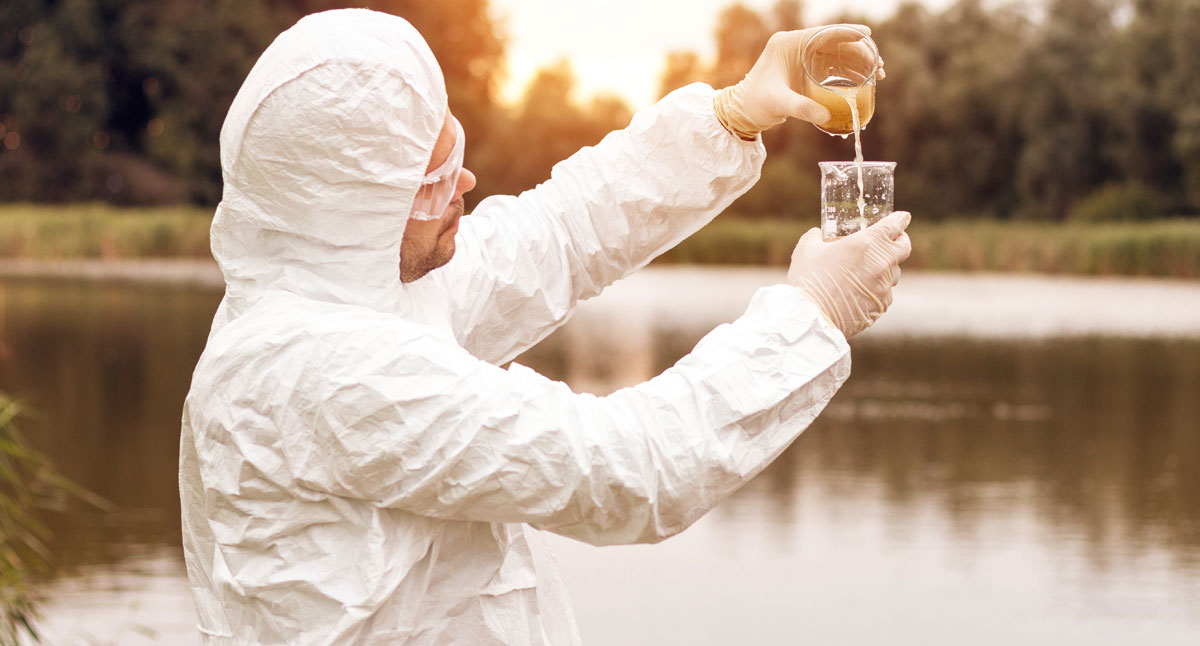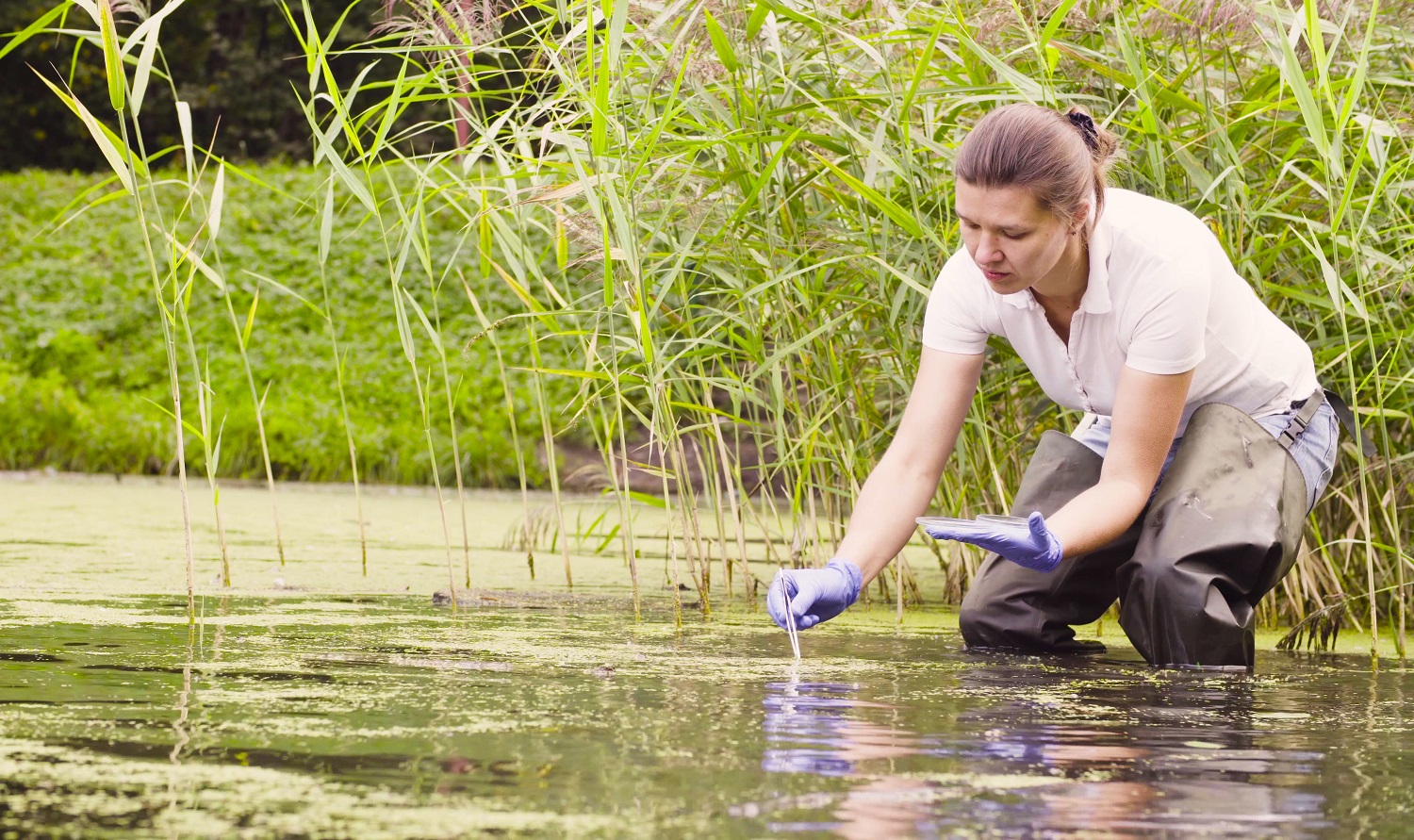Have you experienced the comfort and peace of mind you get when you get to an environment that is clean and feels safe? You have no worries about staying or visiting such an environment because the chances of water- or air-borne diseases are minimal.
It is the duty of an environmental health specialist to ensure an environment is safe. In other words, he/she promotes individual or public health by providing essential services.
Their responsibilities include inspecting homes, businesses, and properties for any health hazards or risks, assists in any water-/air-borne disease outbreak investigation, identifying environmental and health hazards including air quality, and providing community health education to communities. Do you want to learn more about this career? Read on.

What Is an Environmental Health Specialist?
An Environmental Health specialist is one that educates and consults clients and implements regulations governing sanitation of milk, food and water, infectious and hazardous waste, sewage, institutional environments, and health hazards.
In other words, Environmental Health Specialists are people that improve the sanitation of communities through checking and ensuring safe water, food, households, properties, and the entire community.
Their role is to improve water and sanitation facilities in nursing homes, recreational areas, restaurants, schools, and other locations. Also, they are actively involved in the entire environmental health of a community.
They ensure people live in safe homes, get clean water, safe dairy products, and food for consumption, no harmful pesticides are used that can affect people, and check air pollution from factories.
An Environmental Specialist’s Roles
- They prepare and calibrate equipment that is used to gather and analyze samples.
- Environment Specialists gather and analyze environmental samples to be checked for possible public health hazards.
- They manage the treatment and disposal of hazardous or infectious waste and sewage.
- It is an Environmental Specialist’s role to design and supervise well installations and construction of wastewater disposal systems.
- They determine pollution problems and implement stop-action orders.
- It is their role to create and manage programs that prevent toxic waste contamination, dispose of waste, control insects and rodents, and ensure a clean water supply.
- Also, they work hand-in-hand with physicians and other medical personnel regarding community health hazards.
- It is the role of an Environmental Specialist to help draft laws and regulations and defend them, incase challenged in court.
- They evaluate the handling, processing, and serving of milk and food to detect hazards and ensure compliance.
- It is also their role to educate communities about environmental health issues and how to detect and manage them. This empowers the communities and enlightens them hence keeping off poor sanitation diseases.
- It is the duty of a Health Environmental specialist to conduct and analyze epidemiological data about disease outbreaks. Also, they communicate well with the public so that their points are understood.

Estimated Salary
An environmental health specialist’s salary varies depending on the employer, level of experience, educational level, and field of employment. However, the estimated salary ranges from $30,000-$16,000 annually.
How to Become an Environmental Health Specialist
If you are a student and want to pursue this career, you will study what is considered by some of the most challenging high schools; science, math, and English.
You will also study advanced placement courses. Then you will study at university for a bachelor’s degree in environmental health. However, some people can study related courses such as geology, biology, or environmental engineering.
You can advance to masters and doctoral too.
How to Get a Job
After qualifying as an Environmental Health Specialist, you will have to look for jobs in food and dairy products manufacturing factories, Ministry of Environment, Schools, Nursing Homes, Community Centers, Water plants, medical facilities, etc.
Final Thoughts
An Environmental Health Specialist plays an important role in our communities. They ensure people live in clean and safe communities free of air pollution, air-borne and water-borne diseases, etc.
Also, they ensure people get safe food and dairy products safe for consumption.






